OUR TEAM
ADVISORY BOARD
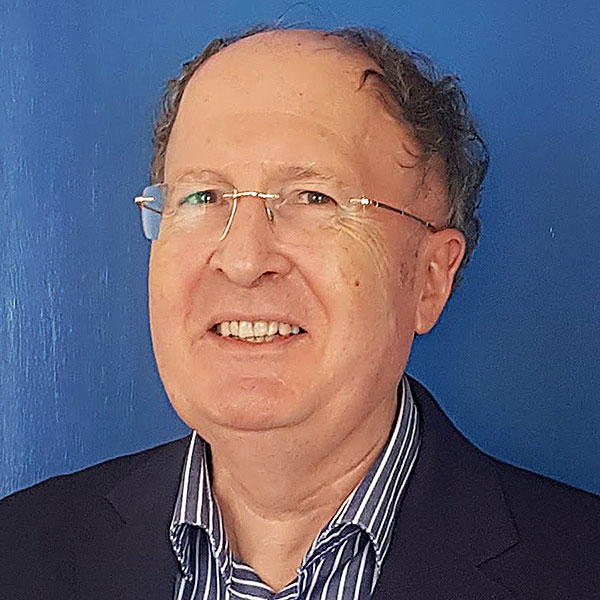
Sir Gregory Winter
CBE, FRS, FMedSci, HonFRCP
2018 Nobel Prize in Chemistry
Sir Gregory Winter is the most recent former Master of Trinity College Cambridge and until recently a member of the Medical Research Council’s Laboratory of Molecular Biology (LMB) in Cambridge. He is a scientist, inventor and entrepreneur. His scientific career has almost entirely been based in Cambridge where his work has involved the development of technologies for making pharmaceutical antibodies by genetic engineering. Such antibodies have proved useful for treatment of cancer and immune disorders, and now comprise many of the world’s top selling pharmaceutical drugs. These include the “humanized” antibodies Herceptin (for treatment of breast cancer) and Lucentis (for treatment of wet acute macular degeneration), and the human antibody Humira (for treatment of rheumatoid arthritis), currently the world’s top selling pharmaceutical drug.
In order to advance his discoveries, Sir Gregory has founded several successful start-up companies, including Cambridge Antibody Technology in 1990 (acquired by Astra Zeneca in 2006), Domantis in 2000 (acquired by GSK in 2006) and Bicycle Therapeutics in 2010, which is developing a peptide product for the treatment of cancer. He is a Trustee of the Kennedy Trust for Rheumatology Research, non-executive director of Bicycle Therapeutics and consults to Biosceptre.
Sir Gregory is a Fellow of the Royal Society, has received numerous international prizes and awards, and in 2004 was knighted for his services to Molecular Biology. In 2018 he was awarded the 2018 Nobel Prize in Chemistry.
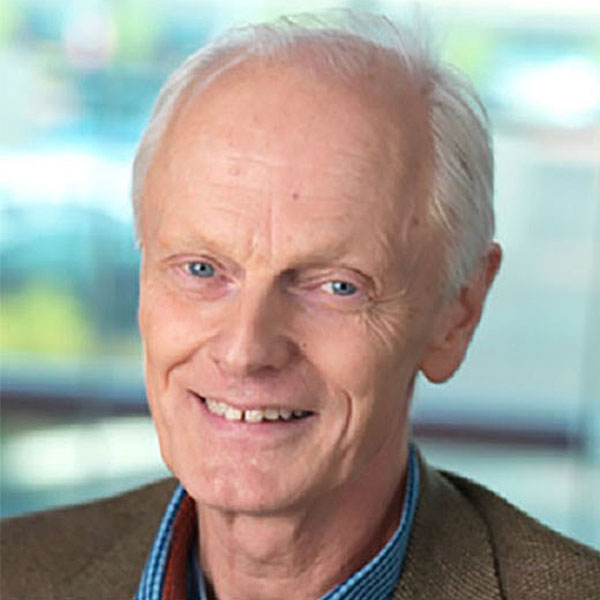
Professor Terence Rabbitts
FRS, FMedSci
Professor Terence Rabbitts worked in Cambridge from 1973-2006 in the MRC Laboratory of Molecular Biology. He succeeded Fred Sanger as joint Head of the Division of Protein and Nucleic Acid Chemistry together with the Nobel Laureate César Milstein and later with Sir Greg Winter. He became the Director of the Leeds Institute of Molecular Medicine (2007 to 2012), Professor of Molecular Biology at the Weatherall Institute of Molecular Medicine, University of Oxford in 2012 and will move to the Institute of Cancer Research in March 2020. He has been awarded the Colworth Medal of the Biochemical Society and the CIBA Prize and was elected as a Member of the European Molecular Biology Organization (EMBO) (1981), a Fellow of the Royal Society (FRS) (1987) and a Founder Fellow of the Academy of Medical Sciences (FMedSci) (1998). He has considerable experience with biotechnology. He was Chairman of the Scientific Advisory Board (SAB) of Cambridge Antibody Technology from its instigation until its Stock Market IPO and Chairman of the SAB of Quadrant Healthcare, until its trade sale to Elan. He was a member of the Domantis SAB until the Company’s acquisition by GSK, a Non-Executive Director of Iclectus for three years and a Non-Executive Director of Aptuscan for three years until its acquisition by Avacta. He was the Chairman of the Scientific Advisory Board of Kymab. He is co-founder of Orbit Discovery and of Quadrucept Bio Ltd and is a member of the SAB of Biosceptre and Avacta Life Sciences.
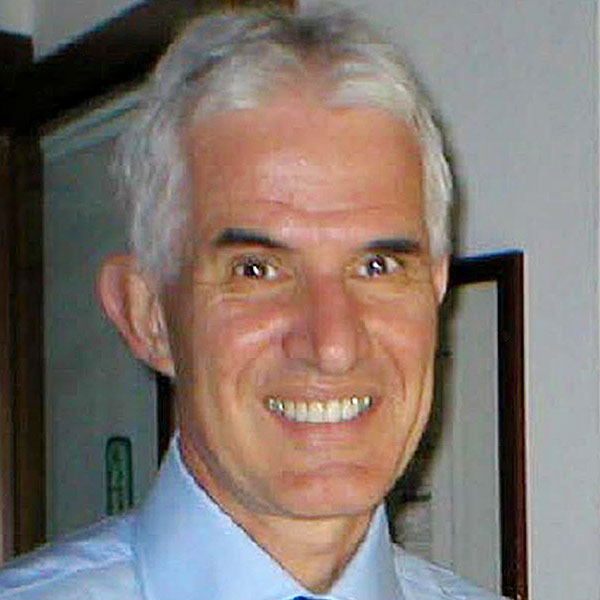
Professor Francesco Di Virgilio
MD
Professor Francesco Di Virgilio is Professor of Clinical Pathology, University of Ferrara, Head of the Postgraduate School in Clinical Pathology and of the PhD School in Molecular Medicine and Pharmacology. He has published over 270 scientific papers, of which over 200 on purinergic receptor signalling, making him the most quoted investigator in P2X7 scientific literature world wide, was an inventor of 3 international patents and his corporate experience includes being on the Scientific Advisory Board of Duska Therapeutics Inc and Affectis Pharmaceuticals AG. He obtained a Medical Degree (MD) from the University of Padova. In 1982-3 he was an Honorary Research Assistant at the University College London and in 1986-7 a Visiting Fellow, Department of Physiology and Cellular Biophysics, Columbia University, New York, before becoming Associate Professor of Molecular Pathology at the University of Padova in 1988, and Professor of General Pathology at the University of Ferrara in 1992. He was Chairman of the Centre of Excellence for the Study of Inflammation (2001-2010), Deputy-Rector for Research and Technology Transfer of the University of Ferrara (2011-2015) and consultant with Janssen Pharmaceuticals from March to September 2017. He is a member of the Faculty of 1000, Cell Biology Section, an Academic Member of the European Academy of Tumor Immunology and a Member of Academia Europea.
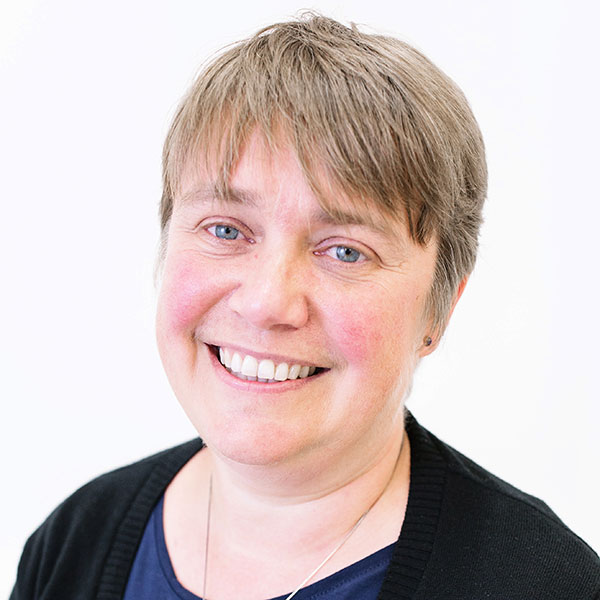
Professor Ruth Plummer
MA, DPhil, BMBCh, MD, FRCP
Ruth Plummer is Professor of Experimental Cancer Medicine in The Translational and Clinical Research Institute, Newcastle University and an honorary consultant medical oncologist in Newcastle Hospitals NHS Foundation Trust. She is a deputy director of Newcastle University Centre for Cancer, and also Director of the Sir Bobby Robson Cancer Trials Research Centre within the Northern Centre for Cancer Care, a dedicated early phase clinical trials. She leads the Newcastle Experimental Cancer Medicine Centre and also the CRUK Newcastle Cancer Centre. She trained at Cambridge and Oxford before moving back home to Newcastle and settling with her family in the Tyne valley. Her clinical practice involves leading on the systemic therapies for skin cancer, with a portfolio of trials across all phases of drug development. In addition, she runs a phase I all-comers practice, taking responsibility for one of the most active phase I unit’s in the UK. Her research interests are in the field of DNA repair and early phase clinical trials of novel agents or novel imaging targets, taking the first in class PARP inhibitor into the clinic in 2003, ATR inhibitor in 2012 and MCT1 inhibitor in 2014. At a national level, she sits on CRUK’s Clinical Research Committee, chaired the CRUK New Agents Committee 2012-2019 and is a member of the NIHR EME Board, MRC Precision Medicine Group and the NCRI Strategy Advisory Group.
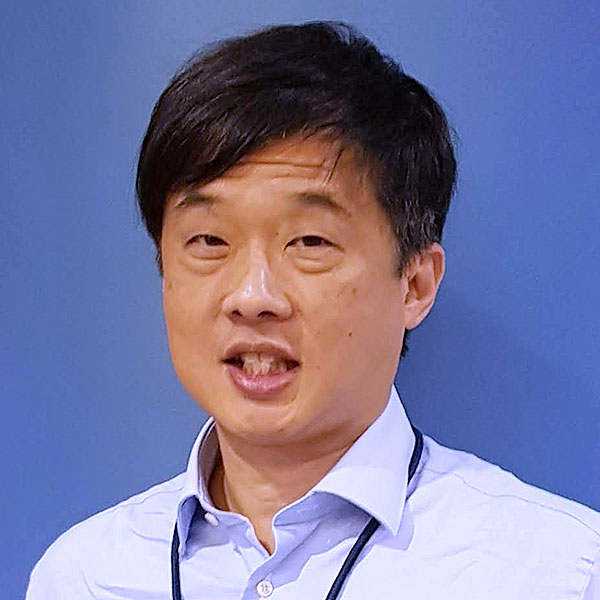
Dr Toh Han Chong
BSc (London), MBBChir (Cambridge), MRCP (UK), FRCP (Edinburgh), FAMS (Singapore)
Dr Toh is Deputy Medical Director, National Cancer Centre Singapore (NCCS), Associate Professor at the Cancer & Stem Cell Biology Program, Duke-NUS and PI at the Singapore Immunology Network.
Dr Toh graduated from the University of London, UK, with an Intercalated Bachelor of Science in ‘Infection and Immunity’ from St Mary’s Hospital Medical School and qualified as a medical doctor from University of Cambridge, United Kingdom. Dr Toh obtained his Fellowship of the Royal College of Physicians in 2003. He received his medical oncology fellowship training at the Singapore General Hospital, and at the Massachusetts General Hospital, Harvard Medical School, Boston, USA. He then completed a research fellowship in cancer immunotherapy at the Center for Cell and Gene Therapy, Baylor College of Medicine, Houston, Texas, USA. He is a graduate of the General Management Program at Harvard Business School.
Dr Toh received the National Outstanding Clinician Scientist Award 2018, and has published over 100 peer-review journal articles. He is founding chairman of the Singapore Cancer Immunotherapy Consortium, a member of the World Immunotherapy Council and on the Cancer Immunotherapy faculty of the European Society of Medical Oncology.

Dr Daniel Christ
Dr Christ is Head of Antibody Therapeutics and Director of the Centre for Targeted Therapy at the Garvan Institute of Medical Research in Sydney, Australia.
Dr Christ was educated at the Swiss Federal Institute of Technology (ETH) and at Cambridge University, where he worked at the MRC Laboratory of Molecular Biology with Nobel Laureate Sir Gregory Winter, a pioneer of the British biotechnology industry. At Cambridge, Dr Christ and Sir Gregory developed monoclonal antibody technology, in the field of phage display and single domain antibodies. Dr Christ was elected a Fellow of Trinity College (Cambridge University) at age 29 and was involved in the foundation of Domantis Ltd (sold to GSK for £230 million in 2006).
Dr Christ joined the Garvan in 2007 as Head of Antibody Therapeutics, to translate structural and genomic advances into drug candidates and treatments for cancer and inflammatory conditions. Dr Christ is particularly well known for using both in vitro and in vivo selection strategies for generating antibodies with superior biophysical and targeting properties. His contributions have been recognised by multiple prizes and appointments, including the NHMRC Excellence award, and by the award of more than 15 competitive research grants from the NHMRC and ARC in recent years.
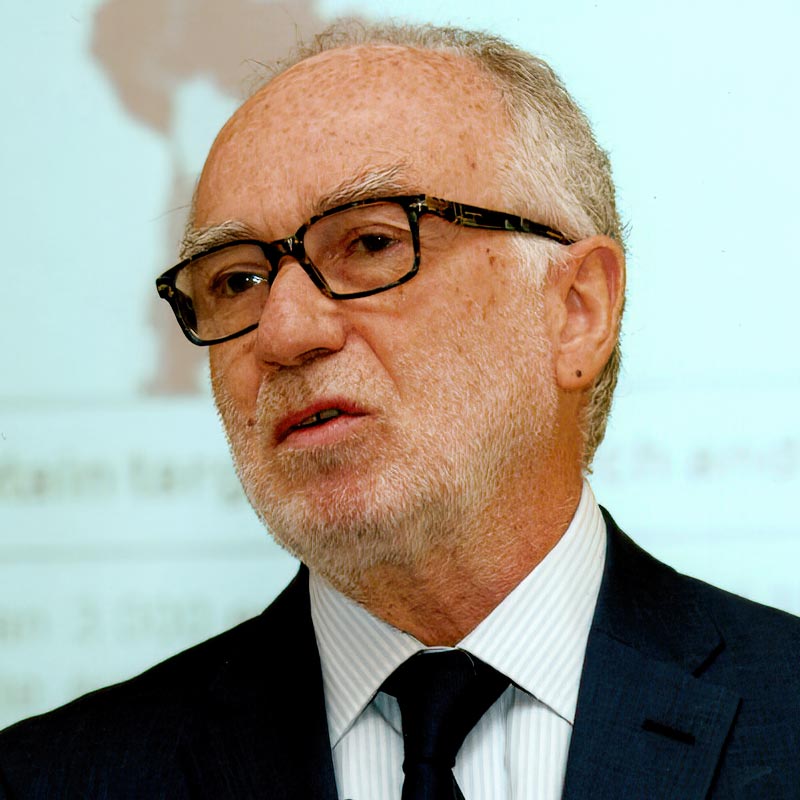
Dr Alfredo Covelli
MD
Dr Alfredo Covelli was trained as a medical oncologist at the Department of Neoplastic Disease, Mount Sinai Hospital, New York. Before joining the pharma industry, Dr Covelli held academy positions at the Institute of Medical Pathology, School of Medicine in Naples, and at the Division of Hematology, School of Medicine in Rome. Over the last 30 years, Dr Covelli has held a variety of Global and Country Management positions in the pharma industry, both in Clinical Research and in Commercial Operations in Italy, France, Switzerland, and the United States (Farmitalia, Pierre Fabre, Sandoz, and Aventis). In his last position, Dr Covelli served as Vice President and Head, Clinical Research and Medical Affairs, Region Europe, Novartis Oncology. Dr Covelli is also serving as a member of the Scientific Advisory Board to various biotech companies developing innovative therapies in oncology.
MANAGEMENT TEAM

Mr Gavin Currie
Chief Executive Officer
Gavin Currie has been the Chief Executive Officer of Biosceptre since October 2012 – his leadership bringing a strong commercial focus that’s transitioned Biosceptre from a primarily research driven organisation to a development-based biopharmaceutical with a core focus being to expedite lead products through the clinic. Prior to Biosceptre, Gavin was General Manager for a private (international) investment fund with a strong biotech focus, sitting on numerous company boards. He began his career as a Certified Practising Accountant (CPA) and then gained a Master of Business and Technology (UNSW) before moving into industry management roles where he’s developed a reputation for delivering value by converting synergies from previously unseen opportunities. He has been employed internationally in Australia, New Zealand, USA, UK, Hong Kong and the UAE, with considerable experience in cross-border transactions and investments.
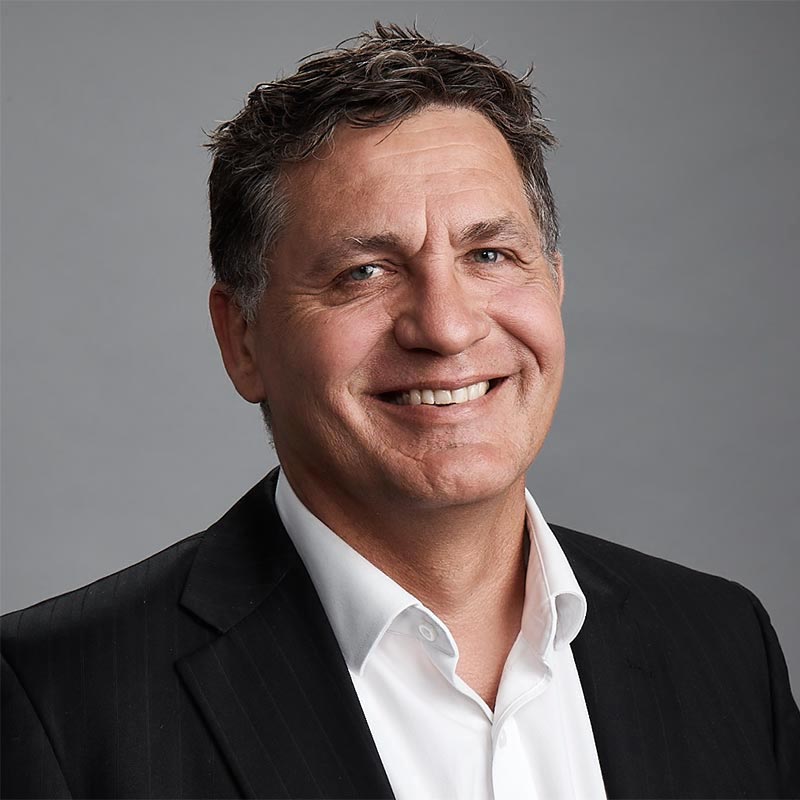
Mr Daniel Barton
CSO / Director Business Development | BSc Llb GAICD
Daniel Barton is Director of Business Development for Biosceptre, working across strategy and delivery, and applying broad professional skills in legal, administration, product development and marketing. Daniels’ academic background is molecular biochemistry and intellectual property. He has founded, run, and sold start-ups, held P&L and board reporting roles in listed companies and world leading research institutions focussed on immuno-oncology and genomics, and led development teams, collaborated with research groups, and commissioned external and internal product development and production teams.
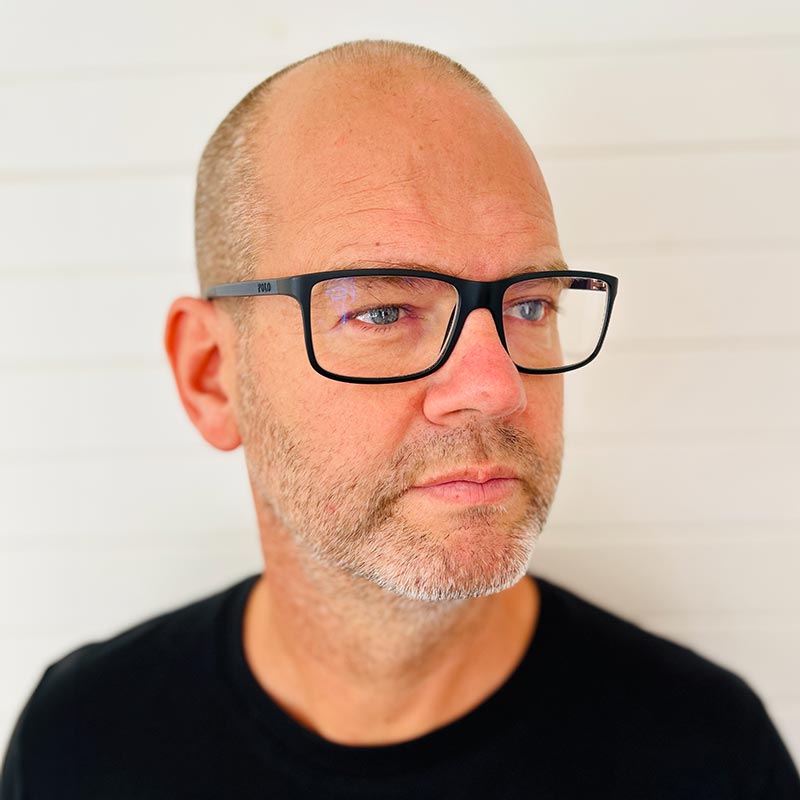
Mr Braden Roberts
Chief Business Officer
Focused on Biosceptre’s strategic and operational planning, and corporate development, Braden Roberts has a proven ability to connect strategic direction with execution. Much of Braden’s 25-year career has been spent as a management consultant and business analyst across a broad range of industries in multiple countries. He holds a Bachelor of Business (Distinction) and qualified as a Certified Practising Accountant in 1995.

Mr Brad Miller
Clinical Operations Director
Brad has been COD of Biosceptre since 2020, having joined Biosceptre as a Senior Manager (Legal and Compliance) in May 2013. With over 10 years’ experience in legal and compliance management, and hands on experience in oncology clinical study management, Brad brings the understanding and attention to detail necessary to drive clinical study outcomes through the complex operational and regulatory framework. Brad holds a Master of Business Administration (MBA) from Macquarie University, a Master of Business Law from the University of Sydney, a Bachelor of Business Administration from Macquarie University, and a Diploma in Law from the Legal Profession Admission Board.
SCIENCE OPERATIONS

Professor Paul de Souza
Senior Medical Adviser
Professor Paul de Souza has been a practicing medical oncologist for over 25 years, having obtained the FRACP in 1992. He trained in medical oncology at St George and Prince of Wales Hospitals, and was Research Assistant Professor at the University of Virginia (1994-1997) before returning to Wollongong and St George Hospitals as a staff specialist (1997-2010). In 2011, he was appointed Foundation Professor of Medical Oncology at Western Sydney University and a Conjoint Professor, UNSW. He has sub-specialty interests in genitourinary cancer, brain cancer and rare cancers such as sarcoma. He is currently the Head and Dean of School of Medicine at University of Wollongong.
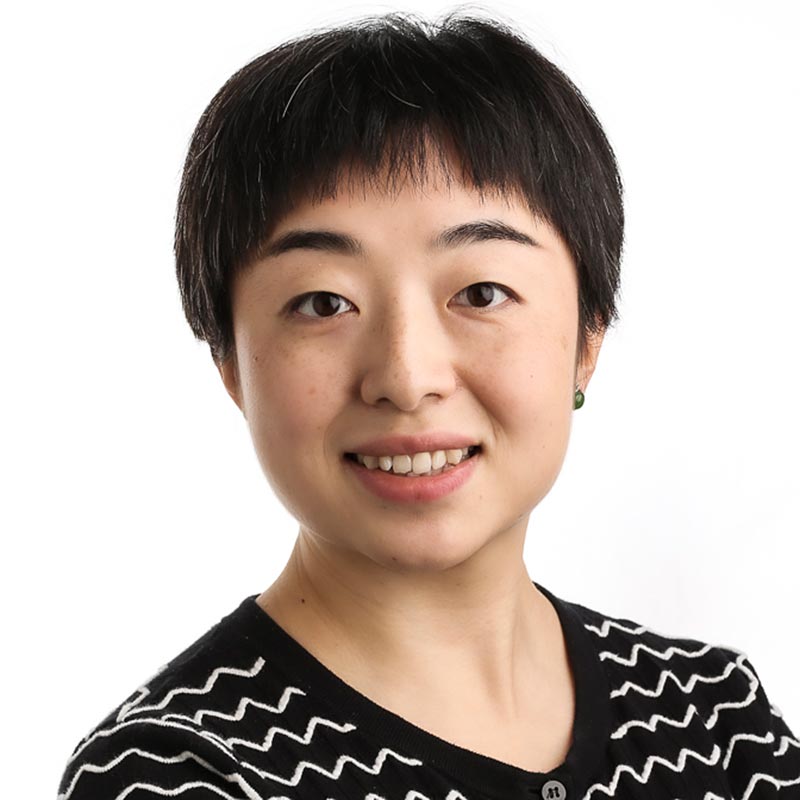
Dr Cindy Li
Director of Research & Development
Dr Cindy Li studied medicine at Zhejiang University and worked as a trainee physician in a comprehensive oncology centre, before completing a PhD in Immunology and Haematology at the University of Sydney. Dr Li’s research has focused on the development of cellular therapies, with extensive experience in clinical grade CAR T production and GMP compliant T cell therapy and cord blood unit production. Dr Li also acts as a scientific consultant to an Australian human research ethics committee.
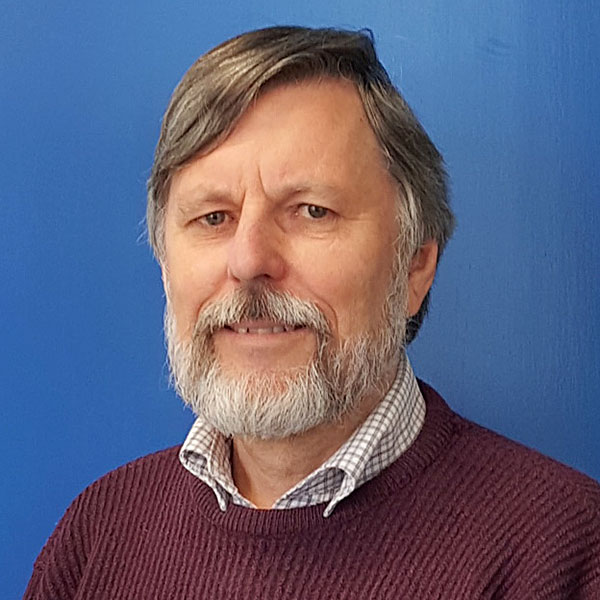
Dr Julian Barden
Research Director
Julian leads Biosceptre’s therapeutic discovery efforts. Following a 30 year research career, his research focused on the structure and function of the family of purinergic receptors of type P2X and their role in disease, including cancer. Discoveries within the field led to the numerous patent families now held by Biosceptre, encompassing diagnostic and therapeutic elements, chief among many being the discovery of the cancer target nfP2X7.
BOARD OF DIRECTORS
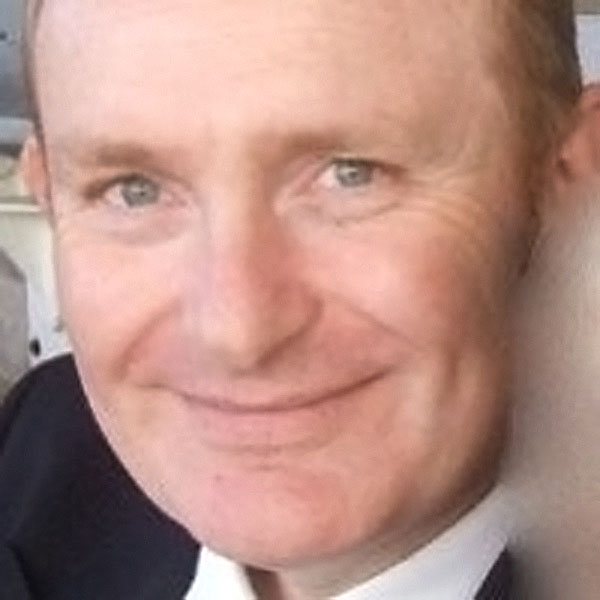
Mr Andrew Walton-Green
Chairman
Mr Walton-Green is a Chartered Accountant and a member of the Chartered Institute of Taxation. Mr Walton-Green is a serial entrepreneur with significant interests in biotech, pharmaceutical distribution, renewables and financial services. Before this, Mr Walton-Green was the CEO of Gresham Computing plc for 10 years, gaining significant exposure to the banking and financial services sector at a senior level. Mr Walton-Green spent the first 13 years of his career in practice as a Chartered Accountant predominately with Ernst & Young and Deloitte.

Mr Gavin Currie
Chief Executive Officer
Gavin Currie has been the Chief Executive Officer of Biosceptre since October 2012 – his leadership bringing a strong commercial focus that’s transitioned Biosceptre from a primarily research driven organisation to a development-based biopharmaceutical with a core focus being to expedite lead products through the clinic. Prior to Biosceptre, Gavin was General Manager for a private (international) investment fund with a strong biotech focus, sitting on numerous company boards. He began his career as a Certified Practising Accountant (CPA) and then gained a Master of Business and Technology (UNSW) before moving into industry management roles where he’s developed a reputation for delivering value by converting synergies from previously unseen opportunities. He has been employed internationally in Australia, New Zealand, USA, UK, Hong Kong and the UAE, with considerable experience in cross-border transactions and investments.


